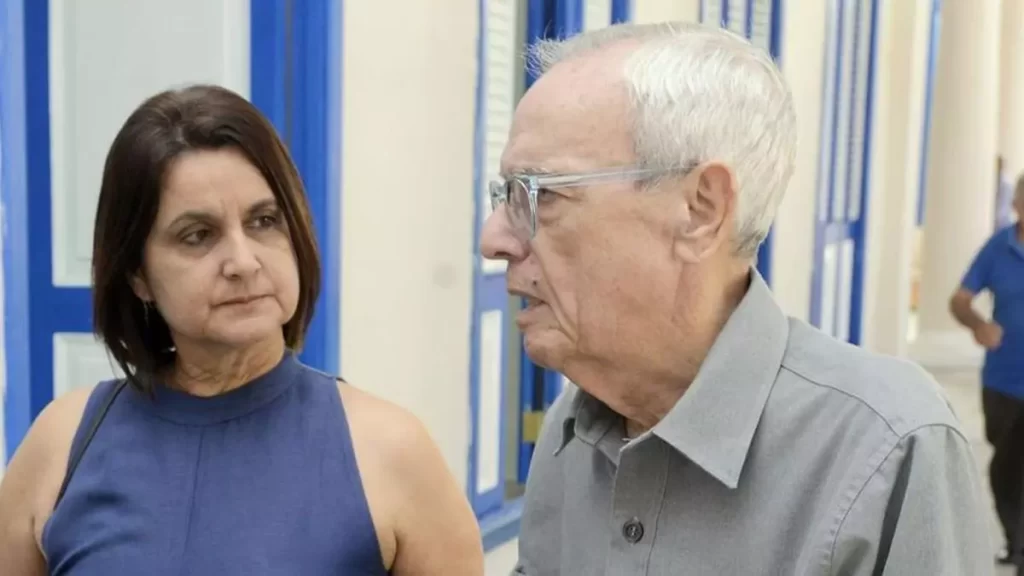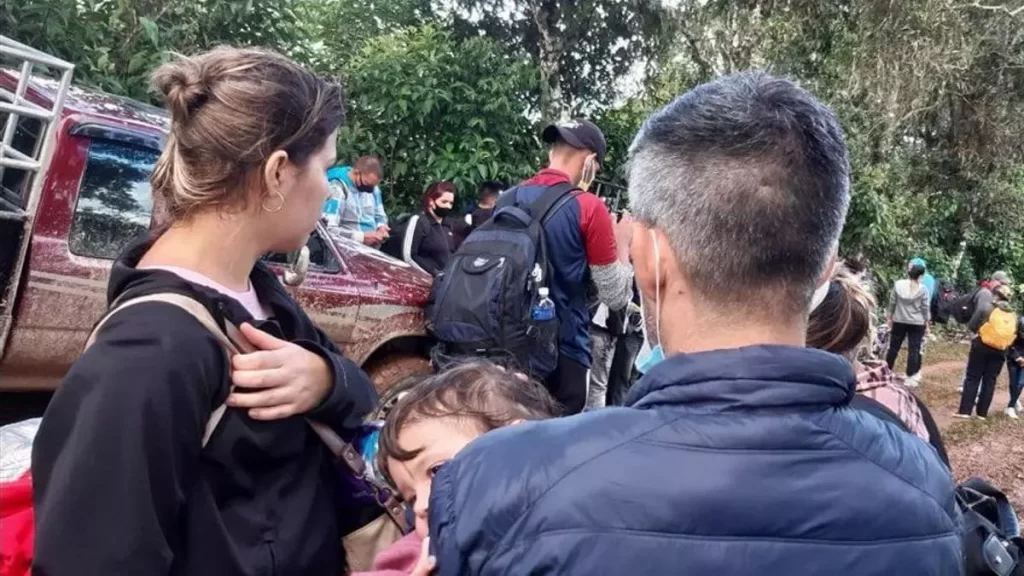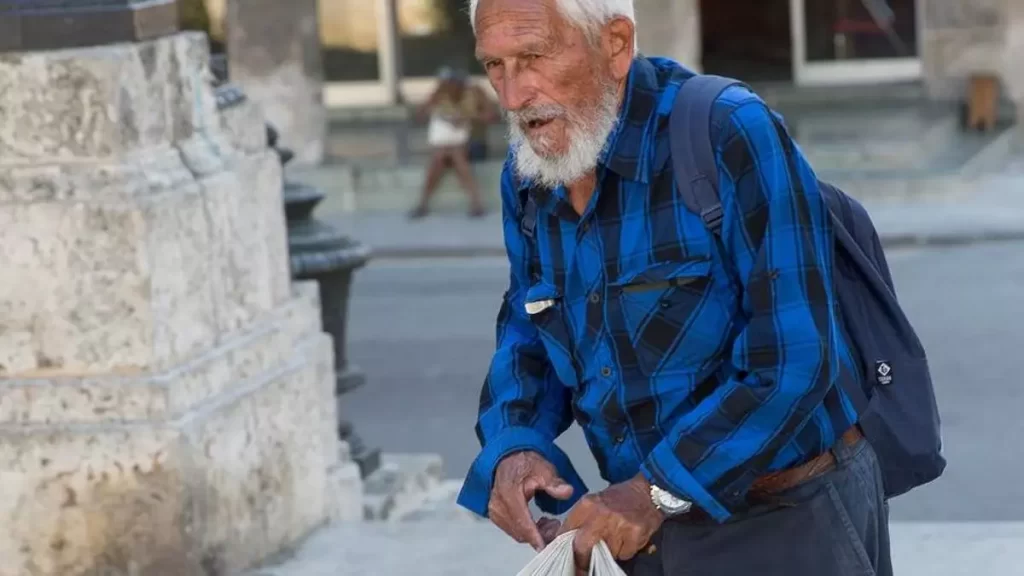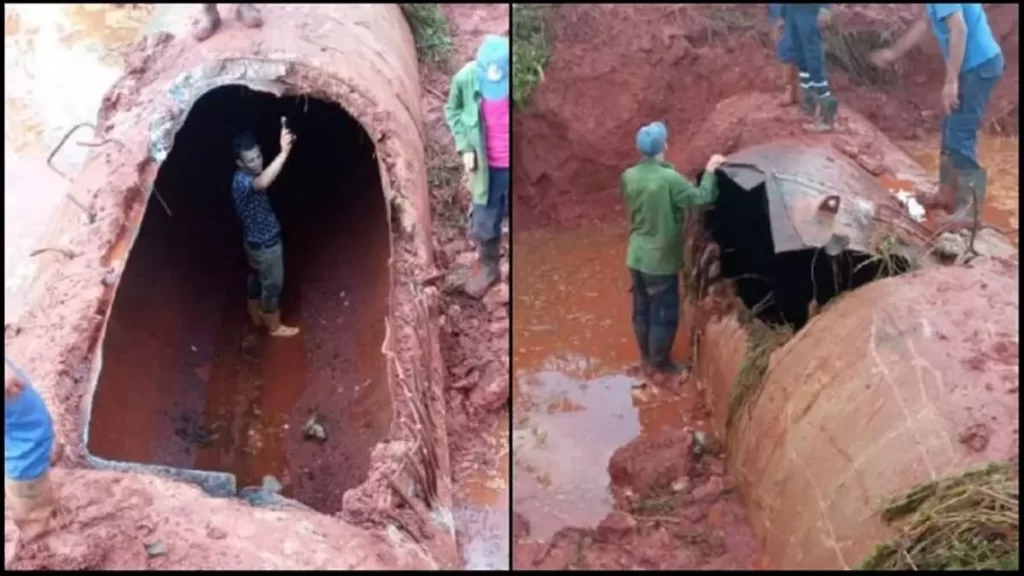The regime’s proposal to buy from farmers did not prosper due to the shortage of products

![]() 14ymedio, Havana, July 24, 2024 — The Cuban Government’s inability to meet the demand for the most basic products also affects its trading partners. The large hotel companies installed on the Island have had to import, for years, part of the products they provide in their facilities. Since the escalation of the crisis after the pandemic, however, companies went from importing in order to “maintain luxury” to importing out of necessity.
14ymedio, Havana, July 24, 2024 — The Cuban Government’s inability to meet the demand for the most basic products also affects its trading partners. The large hotel companies installed on the Island have had to import, for years, part of the products they provide in their facilities. Since the escalation of the crisis after the pandemic, however, companies went from importing in order to “maintain luxury” to importing out of necessity.
The last to join the list was Meliá, which at the beginning of this year announced that it would create, with the permission of the State, its own import company. It was not until this Wednesday, however, that it revealed Mesol’s specific purpose: to supply its hotels with linen, sports and artistic equipment, kitchen utensils and even food, beverages and cleaning items.
The transport, distribution and storage of the products are also borne by the company, which for now has its main supplier in Spain but is looking for other suppliers in Latin America and the Caribbean, where invoices will be less expensive.
The “appropriate purchase and delivery flows,” the statement adds, will help maintain the quality of the service
The “appropriate purchase and delivery flows,” the statement adds, will help maintain the quality of the service, diminished by the lack of variety in the food, the low quality of the meals and the defective cleanliness, common complaints among those staying on the Island.
Other companies have taken similar measures. At the beginning of last year, when the Indian MGM Muthu Hotels reached 7,000 rooms on the Island, its adviser explained a plan to keep all the facilities supplied. “We are going to have two importers in Cuba to bring in products, not only beverages, but everything. It can be furniture and fittings, everything. We are already creating two companies for this,” he said in January, and in May, an importer from Portugal was already a reality.
“We have a trading company to import all kinds of supplies from Portugal. We are growing little by little, sin prisa pero sin pausa* — without haste but without pause,” he added.
In 2022, the Government granted Canadian Blue Diamond a license – accompanied by the exclusive management of 11 complexes in Cayo Largo del Sur – to bring in the necessary supplies to maintain them. Nutella, butter and ketchup, not very available in Cuba, were some of the products promised by the vice president of Sunwing Travel Group, owner of the hotel. “The right to import and to be able to control quality is a great thing,” he said.
“Importing cannot be the solution; the country must be able to provide domestic products to hotels”
That same year Granma published an article criticizing the hotels that imported much of the products they needed in their daily management, including food, when, it said, they could get them in Cuba. “Importation cannot be the solution, the country must be able to provide hotels with domestic products and thus ensure attention to the growing arrival of visitors, which favors economic chains,” it complained.
The text tried to explain the successful association between hotel companies and the producers of the locales where they are installed but forgot to point out that the contracts are always made through the Ministry of Agriculture, which lowers payments to the farmers and discourages them, at the same time that it fails to comply with its commitments and is unreliable in its business dealings with the hotels. companies.
In 2017, Iberostar received a permit to create a joint import business with the Cuban Logística Hotelera del Caribe (LHC). The Spanish chain did not clarify what it intended to import but explained that the company, located in the Special Development Zone of Mariel, would be dedicated to the wholesale trade of products for the hospitality industry and that Iberostar would not be the only beneficiary.
With tourism stalled in numbers similar to those of last year, in addition to the discredit that the Island has suffered internationally for its political and economic situation, companies like Meliá have decided to take the reins and try to improve the statistics of their hotels on their own. In 2023, Cuba was the only one of its destinations where revenues fell and hotel occupancy was lower than expected.
*Translator’s note: Sin prisa pero sin pausa — without haste but without pause — became a signature phrase of Raul Castro in reference to ‘fixing’ the problems of Cuba, after he assumed the presidency on the death of his brother, Fidel.
Translated by Regina Anavy
____________
COLLABORATE WITH OUR WORK: The 14ymedio team is committed to practicing serious journalism that reflects Cuba’s reality in all its depth. Thank you for joining us on this long journey. We invite you to continue supporting us by becoming a member of 14ymedio now. Together we can continue transforming journalism in Cuba.

















